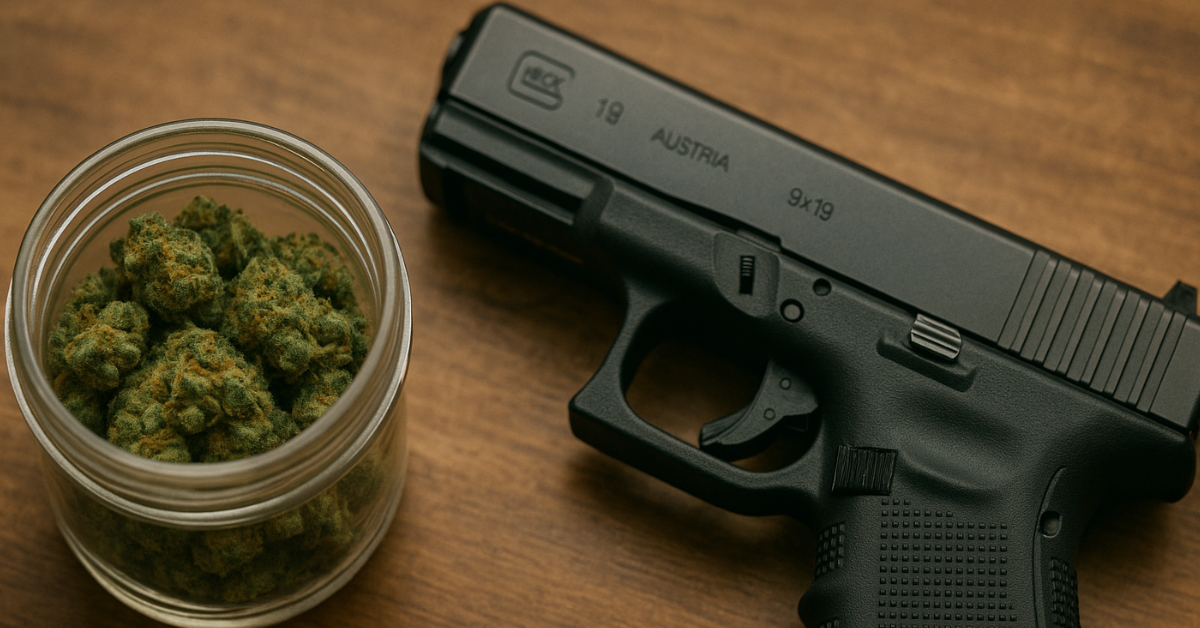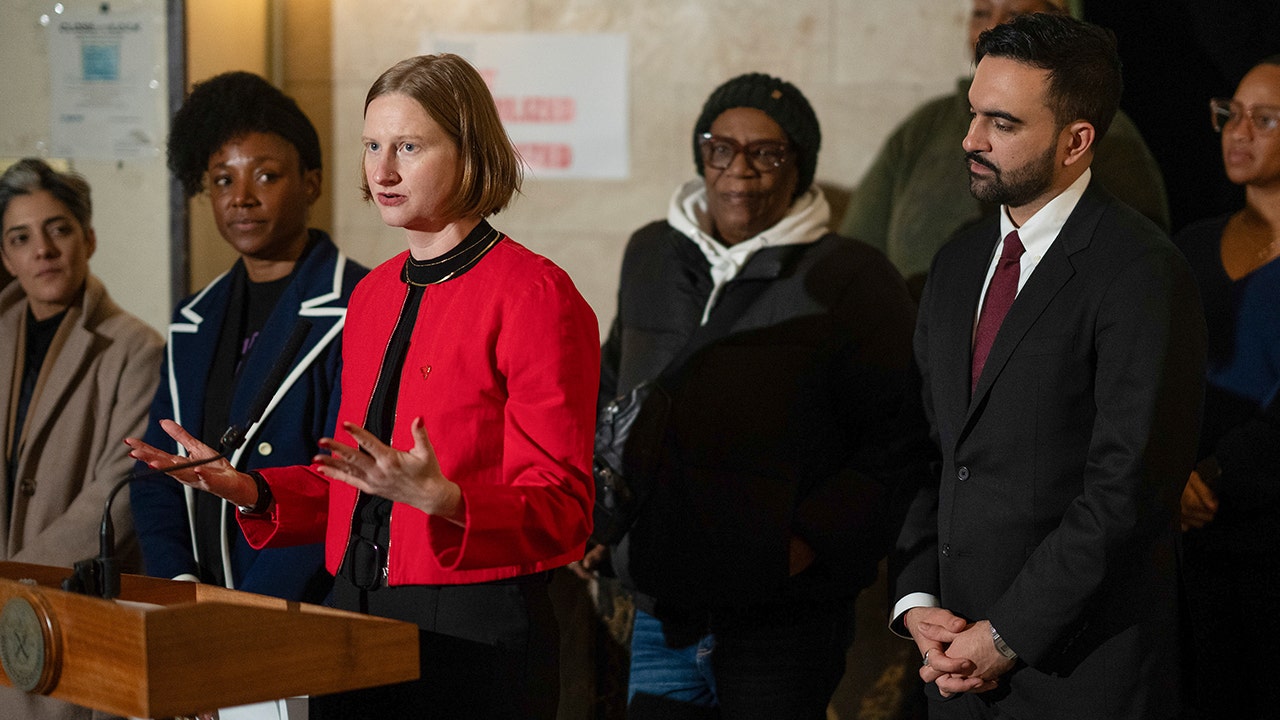Supreme Court To Decide If Marijuana Users Can Own Firearms

The U.S. Supreme Court is set to decide whether habitual drug users, specifically marijuana users, can be prohibited from owning firearms, a case that could redefine the scope of the Second Amendment. The case revolves around Ali Danial Hemani, whose indictment challenges the constitutionality of the federal gun-and-drug law.
LISTEN TO THIS ARTICLE
WASHINGTON, DC (4-minute read) — The U.S. Supreme Court has agreed to review a pivotal gun rights case that could reshape how the federal government applies firearm bans to individuals who use drugs, particularly marijuana, which is now legal in many states but remains illegal under federal law.
At the center of the case is Ali Danial Hemani, a dual U.S.-Pakistani citizen, who was indicted in 2023 after federal agents discovered a 9mm pistol, marijuana, and cocaine at his family home. Prosecutors claimed that Hemani’s habitual marijuana use disqualified him from legal firearm ownership under a federal law that prohibits drug users from possessing guns.
Hemani’s defense argues that the law is outdated and inconsistent with modern firearm rights, particularly in light of a 2022 Supreme Court ruling that expanded Second Amendment protections. His attorneys emphasize that nearly half of U.S. states have legalized recreational marijuana, creating a legal gray area for gun owners.
A federal district court dismissed the charge against Hemani, citing the Supreme Court’s 2022 Bruen decision, which required firearm restrictions to align with historical traditions. The case now moves to the high court, where justices are expected to hear arguments in 2025 and issue a ruling by June.
The Justice Department under the Trump administration is appealing that dismissal, arguing that habitual illegal drug users present a serious risk when armed, particularly in confrontations with law enforcement. The DOJ points to historical laws that restricted firearm access for individuals under the influence, though not necessarily for habitual users outside of intoxication.
In an unusual twist, the DOJ also linked Hemani to foreign political interests, alleging connections to the Iranian Revolutionary Guard Corps and suggesting possible threats to national security. Hemani’s legal team dismissed these claims as irrelevant to the core constitutional issue.
This case arrives at a time when gun rights and federal firearm laws are under intense scrutiny. Earlier this year, the Supreme Court upheld restrictions on firearm ownership for individuals under domestic violence restraining orders. And later this term, the Court is set to hear another major case on whether states can prevent citizens from carrying guns on private property without explicit permission.
Gun Ownership and Marijuana Use: A Legal Crossroads
The outcome of the Hemani case could have significant consequences for millions of Americans who use marijuana legally under state law but risk federal prosecution if they own firearms. With an increasing number of states legalizing cannabis, the clash between state and federal law is becoming harder to ignore.
Many gun owners are watching closely, as the court’s decision could set a precedent affecting not just drug users, but also how firearm prohibitions are measured against the Constitution’s historical context.
Safety Tip: If you use cannabis, legally or otherwise, know that federal law still considers you a prohibited person for firearm ownership. Always understand how federal and state laws intersect before purchasing or carrying a firearm.
Read the full article here









